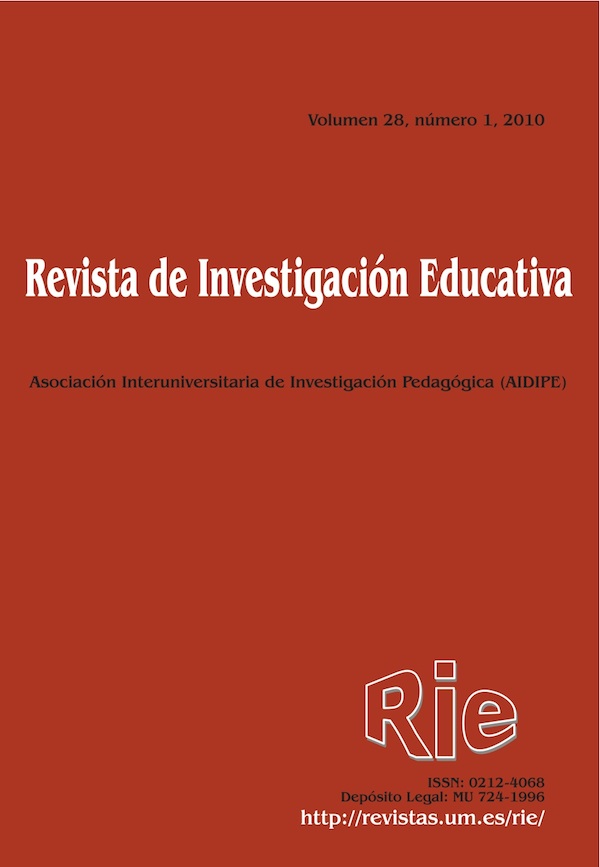Aprendizaje autorregulado: antecedentes y aplicación a la docencia universitaria de marketing
Resumen
El EEES exige estudiantes que autorregulen sus tareas académicas y adopten estrategias de aprendizaje activas. Si el docente desconoce los factores de dichas autorregulación y estrategias, puede plantear incorrectamente el proceso de enseñanza-aprendizaje. Se testa un modelo de aprendizaje autorregulado que considera el contexto en el aula, las cogniciones, las motivaciones, las actitudes y el aprendizaje (como dependiente). Se usa una muestra de estudiantes de marketing de tres universidades (públicas y privada). Aplicando ecuaciones estructurales encontramos que el contexto y las expectativas laborales influyen sobre la autonomía, la competencia y las actitudes de los estudiantes. Igualmente, diferentes estrategias de aprendizaje se relacionan con distintas motivaciones. Finalmente se reflexiona sobre las repercusiones de los hallazgos y su rol en el proceso de enseñanza-aprendizaje.Descargas
-
Resumen1903
-
PDF1559
Las obras que se publican en esta revista están sujetas a los siguientes términos:
1. El Servicio de Publicaciones de la Universidad de Murcia (la editorial) conserva los derechos patrimoniales (copyright) de las obras publicadas, y favorece y permite la reutilización de las mismas bajo la licencia de uso indicada en el punto 2.
2. Las obras se publican en la edición electrónica de la revista bajo una licencia Creative Commons Reconocimiento-NoComercial-SinObraDerivada 3.0 España (texto legal). Se pueden copiar, usar, difundir, transmitir y exponer públicamente, siempre que: i) se cite la autoría y la fuente original de su publicación (revista, editorial y URL de la obra); ii) no se usen para fines comerciales; iii) se mencione la existencia y especificaciones de esta licencia de uso.
3. Condiciones de auto-archivo. Se permite a los/as autores/as a difundir electrónicamente las versiones pre-print (versión antes de ser evaluada) y/o post-print (versión evaluada y aceptada para su publicación) de sus obras antes de su publicación, ya que favorece su circulación y difusión más temprana y con ello un posible aumento en su citación y alcance entre la comunidad académica.










